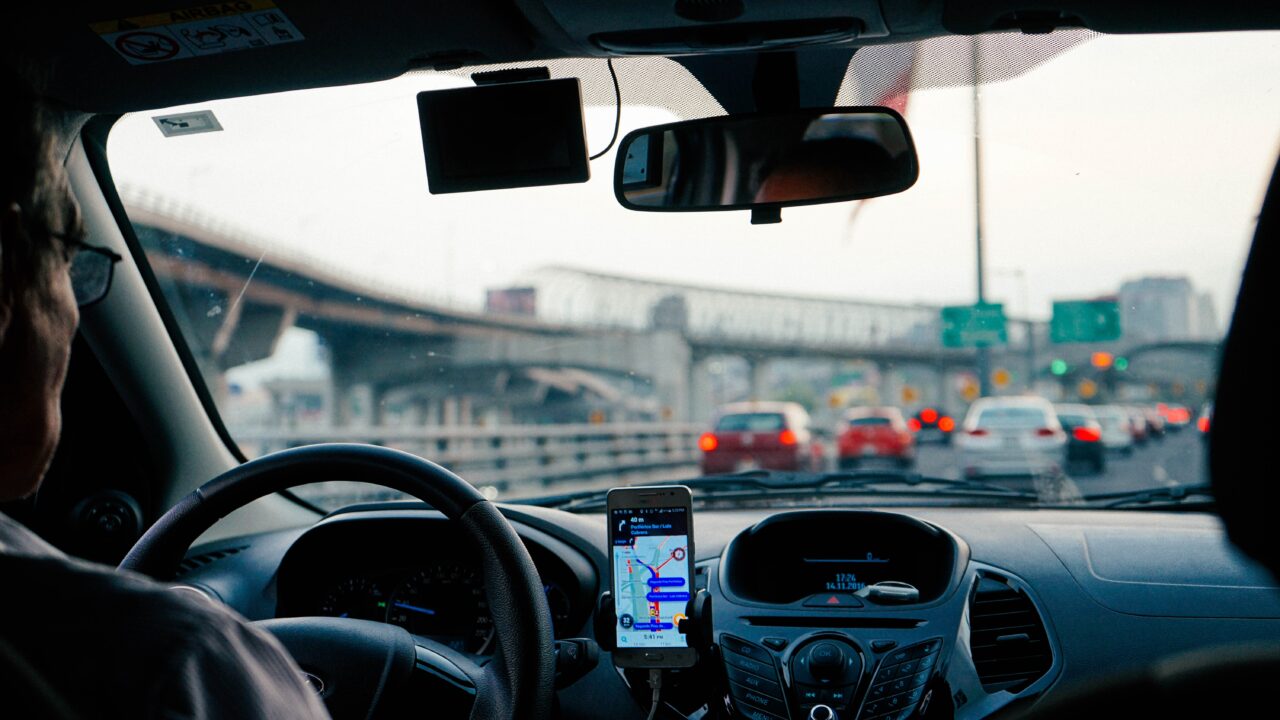
Since their inception in the early 2010s, ride-sharing apps like Uber and Lyft have been growing more successful and popular. In 2019, Uber alone completed nearly 7 billion trips. Needless to say, this powerful technology is changing the way we see transportation today. This is why the decline of its workers’ rights via California Proposition 22 is such a big deal.
Read on for more from the Lakeland car accident lawyers at Brooks Law Group.
Background
The changing of technology, especially the smartphone, has radically affected the workplace. People have the opportunity to make a living via work on apps like DoorDash, Postmates, and of course Lyft and Uber. Workers who do this have been commonly considered “gig workers.” Gig workers are contracted workers who do on-demand work. This work has become even more popular as the technology has grown.
The issue that gig workers have run into is the lack of benefits from the work that they do. The only benefit they reap is the wage from their work. Traditional workers have a contractual relationship with their employers. But the law is different for gig workers. They’re not entitled to receive benefits like worker’s compensation and company insurance. This can make it very difficult for a gig worker to make a living from their work, especially in the context of coronavirus.
The Response
In many states, a bill like California’s Assembly Bill 5 (AB5) was the remedy for this. In short, AB5 sought to give contracted workers the same rights and protections as traditional workers. On January 1st, 2020, AB5 went into effect. The bill required employers to use a three-pronged test, also called the “ABC test.” This test determined whether contracted workers would be protected employees or gig workers. In this way, gig workers who are essential to a company’s function get protections and benefits, but contracted gig workers would not.
The Introduction of California Proposition 22
Uber and Lyft, however, avoided these sanctions for the majority of 2020 in California. They didn’t do ABC testing, reclassify their contracted workers as employees, or give their drivers benefits. The response from their drivers, and the rest of the community, was obviously negative. Still, major ride-share corporations did not budge. This prompted California Proposition 22 (CP22).
CP22 is a bill that was raised by major ride-share companies, namely DoorDash, Uber, and Lyft. Postmates and Instacart also joined the effort. Between them all, over $205 million was invested in the campaign, the largest amount ever spent on a single campaign in the state of California. According to the bill, drivers for ride-share apps were not essential. They claimed the software did the work and the drivers were just doing an independent contract job.
Workers for these companies strongly disagreed: when they work, they typically do so for hours on end so long as there’s work to do. Upon inspection, the work that these “gig workers” do more closely resembles a 9-to-5 job than it does a one-time gig.
If CP22 passed, ride-share corporations wouldn’t have to give their workers traditional benefits. This bill would be corporate America versus the people. Spoiler: corporate America wins.
The Election Results
On November 3rd, 2020, CP22 passed with a vote of 58% for and 42% against. Needless to say, the public response was less-than-supportive. This was bad news for ride-share workers and other contracted workers alike. No longer being regarded as employees would bring with it a host of negative side effects. Workers will no longer be eligible for:
- Mandated minimum wage
- Paid leave/sick leave
- Worker’s compensation
- Extra-salary benefits
- Required break time
According to Victoria Rome, the government affairs director of California, “[the passing of California Proposition 22] would change current law and undermine basic protections like paid sick leave, minimum wage and overtime pay for workers misclassified as contractors.”
California Proposition 22, and legislation like it, poses a major threat to American rights. Think of the effects on worker unionization and the preservation of working-class rights. CP22’s passing threatens to become a dangerous precedent that damages the value of the blue-collar worker. It seems very un-American to side with the corporation instead of the people, and time will tell what the consequences of CP22 will be.
Contact a Lakeland Uber/Lyft Accident Lawyer
If you or a loved one has been hurt in a ride-share accident, call the Lakeland Uber/Lyft accident attorneys at Brooks Law Group. We know how complex these ride-share laws can be, and we’re here to help you. Contact us today for a free consultation and find out how we can help you recover.













